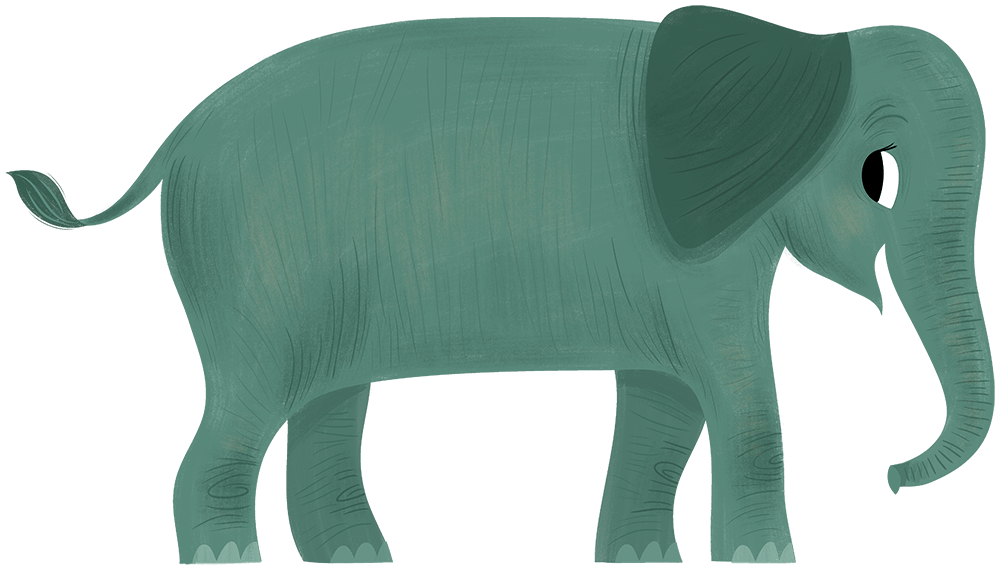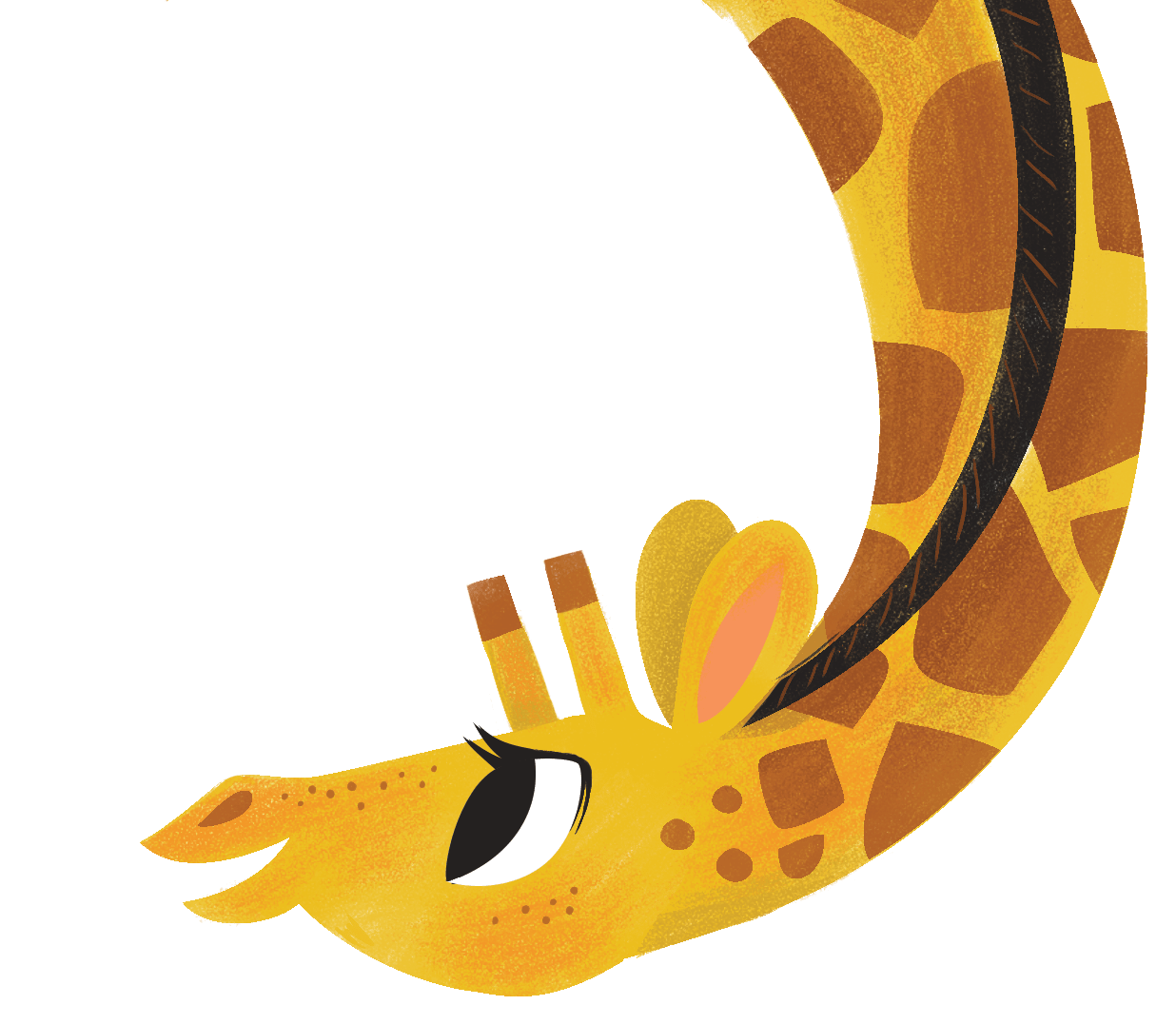 So many different patterns ripple through families. In mine? Reading, obviously. A love of books. A sharing of books.
So many different patterns ripple through families. In mine? Reading, obviously. A love of books. A sharing of books.
But also…gardens.
Maji, Ethiopia had a year-round growing season, and my dad was forever coaxing my mom to cook what burst out of the earth there, introducing us to things like kohlrabi and artichokes and water cress. We four sisters tagged after him to his garden, listened to his rhapsodies, made fake yummy yummy noises as he dug a potato out of the ground and his Swiss Army knife out of his pocket–and carved slices. I can still vividly remember the taste of raw potato and dirt. Lucky me that many years later, I got to see my grandkids slurping up my dad’s strawberries. By then, even Dad’s fierceness about stepping on plants had faded, making his garden a perfect place for a grandson.
Once Dad left Ethiopia and got back to Portland, Oregon, gardening became somewhat easier. For one thing, he didn’t have to have conversations with school boys about their job of keeping the monkeys out of the garden (a scene I recreated for Trouble). In Portland, Dad grew a wildflower garden in the front and an enormous kiwi tree and rasberries–along with strawberries and vegetables–in the back of the house. The last year of his life, I was several times put in charge of watering his potatoes. I see him, now, bending over those plants, taking solace and joy in the hard work of growing food.
 This month when we visited the Little Family (as my author friends have dubbed them) in Birmingham, we gave Noh a tomato plant for his birthday. It went onto the deck along with the beans and peas my daughter flew down to plant with them. As a kid in ND, Rebekah ate most of the peas fresh from the vine before I could pick and cook them. Last summer, she worked for AmeriCorps in an urban gardening program in Pittsburgh, and grew her own backyard pea plants, although the resident groundhog munched down the peas before she could get to them…fine justice.
This month when we visited the Little Family (as my author friends have dubbed them) in Birmingham, we gave Noh a tomato plant for his birthday. It went onto the deck along with the beans and peas my daughter flew down to plant with them. As a kid in ND, Rebekah ate most of the peas fresh from the vine before I could pick and cook them. Last summer, she worked for AmeriCorps in an urban gardening program in Pittsburgh, and grew her own backyard pea plants, although the resident groundhog munched down the peas before she could get to them…fine justice.
 Lanie discovers that the smallest gardens, even deck gardens, can be a haven for wild life. I’ve written before on this blog about my own ah-hah brain-click of realizing that the choices we make about plants will determine whether or not certain insects and birds are able to survive.
Lanie discovers that the smallest gardens, even deck gardens, can be a haven for wild life. I’ve written before on this blog about my own ah-hah brain-click of realizing that the choices we make about plants will determine whether or not certain insects and birds are able to survive.
Small choices.
Big ripple effect.
 As a child growing up in Ethiopia, I had zero connection with Memorial Day. In those years, my dad never talked about his World War II experiences. I never thought of him as a soldier except briefly when he was trying to give us advice about packing our suitcases by rolling our clothes or when he was making us laugh by showing us how he could wipe a smile on or off his face.
As a child growing up in Ethiopia, I had zero connection with Memorial Day. In those years, my dad never talked about his World War II experiences. I never thought of him as a soldier except briefly when he was trying to give us advice about packing our suitcases by rolling our clothes or when he was making us laugh by showing us how he could wipe a smile on or off his face.
My dad was basically a kid when he went off to World War II, joking around with his one sister, here, when he was back on the eastern Oregon farm for a brief break. Seeing a world at war changed him–in his case, planting a fierce determination (as I heard it put when I watched a documentary about Howard Zinn another man changed by his expeirence of war) to live in defiance of all that is bad around us.
 Determination ripples through families. Attitudes ripple through families. Stories ripple through families, keeping memories alive for good and for ill. After I married a guy from Kansas, we sometimes visited his family on Memorial Day. That was my first (and only) experience with a tradition for many American families, visiting ancestral graves, decorating them with flowers.
Determination ripples through families. Attitudes ripple through families. Stories ripple through families, keeping memories alive for good and for ill. After I married a guy from Kansas, we sometimes visited his family on Memorial Day. That was my first (and only) experience with a tradition for many American families, visiting ancestral graves, decorating them with flowers.
My mother-in-law, too, loved her garden. The morning of Memorial Day, she picked the flowers we put beside those graves. When her great-granddaughter came from Ethiopia to live in central Kansas, she would have been proud to see the ripples ripping out.
 “The future is an infinite succession of presents, and to live now as we think human beings should live, in defiance of all that is bad around us, is itself a marvelous victory.” Howard Zinn
“The future is an infinite succession of presents, and to live now as we think human beings should live, in defiance of all that is bad around us, is itself a marvelous victory.” Howard Zinn



1 thought on “What we plant and dig and tend and cherish”
I love gardening too! Once again, thank you for writing such a great story about Lanie!:)